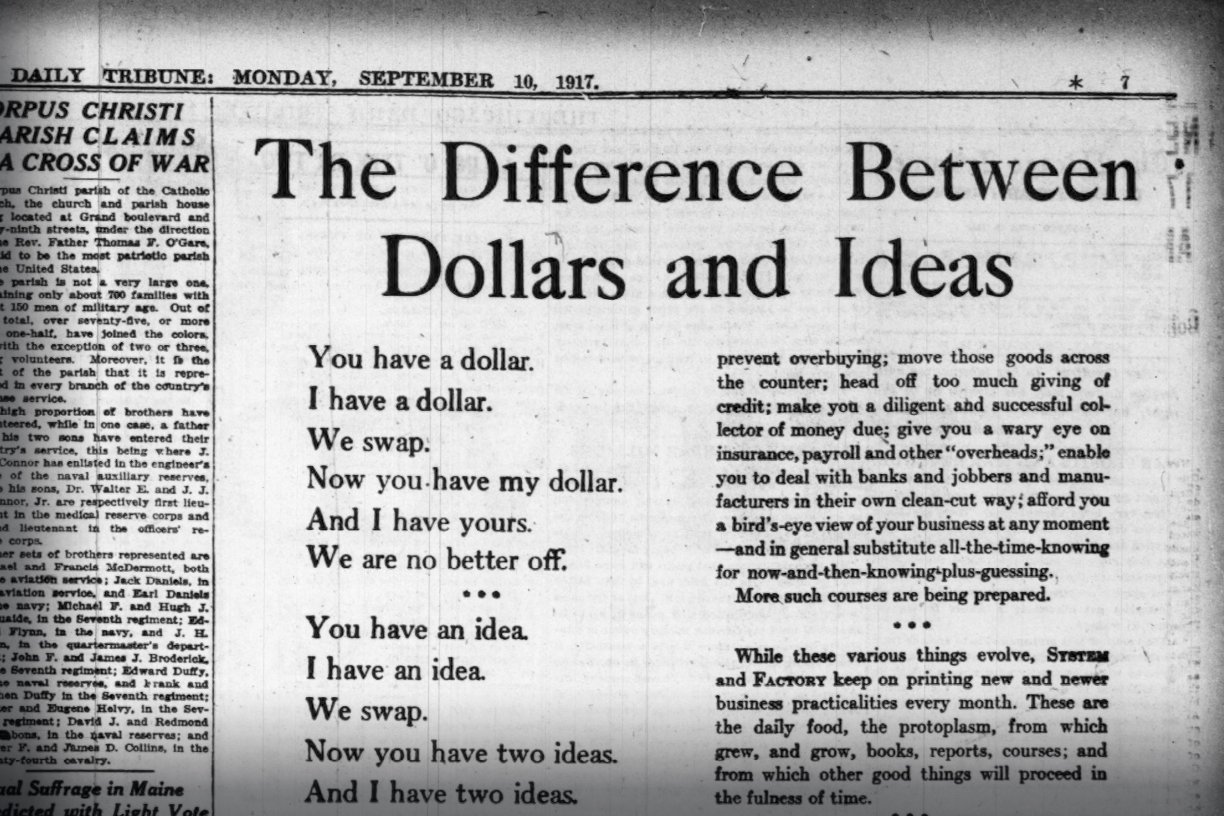Many Leaders we encounter bring the need to develop their confidence as a significant part of their agenda. Typical scenarios for leaders include:
- Facing a crisis in their workplace that challenges their skill and experience.
- Engaging in a major transition – new role, new job, career change etc.
- Having something in their domain of work go badly wrong.
- Suffering from The Imposter Phenomenon – a personal or socially constructed conviction that deep down we are not good enough in our role.
- Receiving negative feedback.
From the coach’s perspective, coaches can have confidence issues too, especially if they are early in their coaching development. Frequently reported confidence issues for coaches include:
- Fears that we are not adding value to the client if we ‘only’ use the non-directive coaching approach. These fears can be exacerbated if we have been, or are still seen as, ‘expert’ in other professional roles.
- Worry that our client may not value or rate us, or the process itself.
- Fears over relative status, especially with clients who may hold more senior roles than the coach may have held.
- Combining these two domains, many coaching clients may, at least initially, have worries about the coaching process. They may have anxieties about the issues they are carrying. They may worry about whether their coach will approve of or judge them. Usually they look to the coach to manage the session in a very confident way. Indeed the coach’s confidence in the coaching process, and in the resourcefulness of the clients, is part of what can make coaching so powerful.
Whether you are a leader, a coach, or both, it is useful to remember:
- Confidence is not a noun – it is not something we ‘have’ or ‘don’t have’. It is better to think of it as a verb – it is about what we do and how we do it. We can actively do things with our thoughts, feelings and bodies that help us get into the state we call confident.
- Coaching really works, and non-directive, goal-focused and process-centred coaching works best of all.
How to build confidence:
There are many tried and tested confidence-building methods. Here are a few that many coaches and leaders have found useful.
- Manage your physical state – deep breathing, releasing muscle tension, centring the body, and planting the feet firmly on the floor all help. If we manage our physical state, we send a message to our brain that says everything is under control.
- Checking our internal voice – are we saying negative things to ourselves? Does our internal voice have the right tone, volume, and timbre to help us feel confident? We can practise saying positive things to ourselves in the right tone of voice. Sports psychologists have used this simple method for years.
- Visualise yourself looking at your most confident. Look at all the details – posture, facial expression, energy levels, breathing, and so on – and practise getting into this physical state on command.
- Focus on when you do feel confident – in the present day or in the past? How does this confident you think, feel and act? If we can generate confidence in one context, we can generate it in another.
- When coaching, focus on the client – on listening, maintaining rapport and following the discipline of the process. Much of your confidence can come from knowing these things are the right things to be doing.
The greatest gift coaches can offer their clients in this respect though, is to continually express our confidence in them and their innate resourcefulness – in short, to show our belief in them through our support and challenge. It is useful to remember here that when we challenge our clients to the right level, we are implicitly saying to them we believe they can rise to it. Our confidence in ourselves and them breeds reciprocal confidence in themselves and us!
The same principles apply to leaders. The best leaders demonstrate their belief in their teams and individual staff by blending support and challenge, based on listening to their needs and concerns. They also provide unconscious encouragement for confidence in others when they manage their energy in a calm, confident and focused way.
When it comes to the confidence factor, leaders and coaches have a lot in common!







